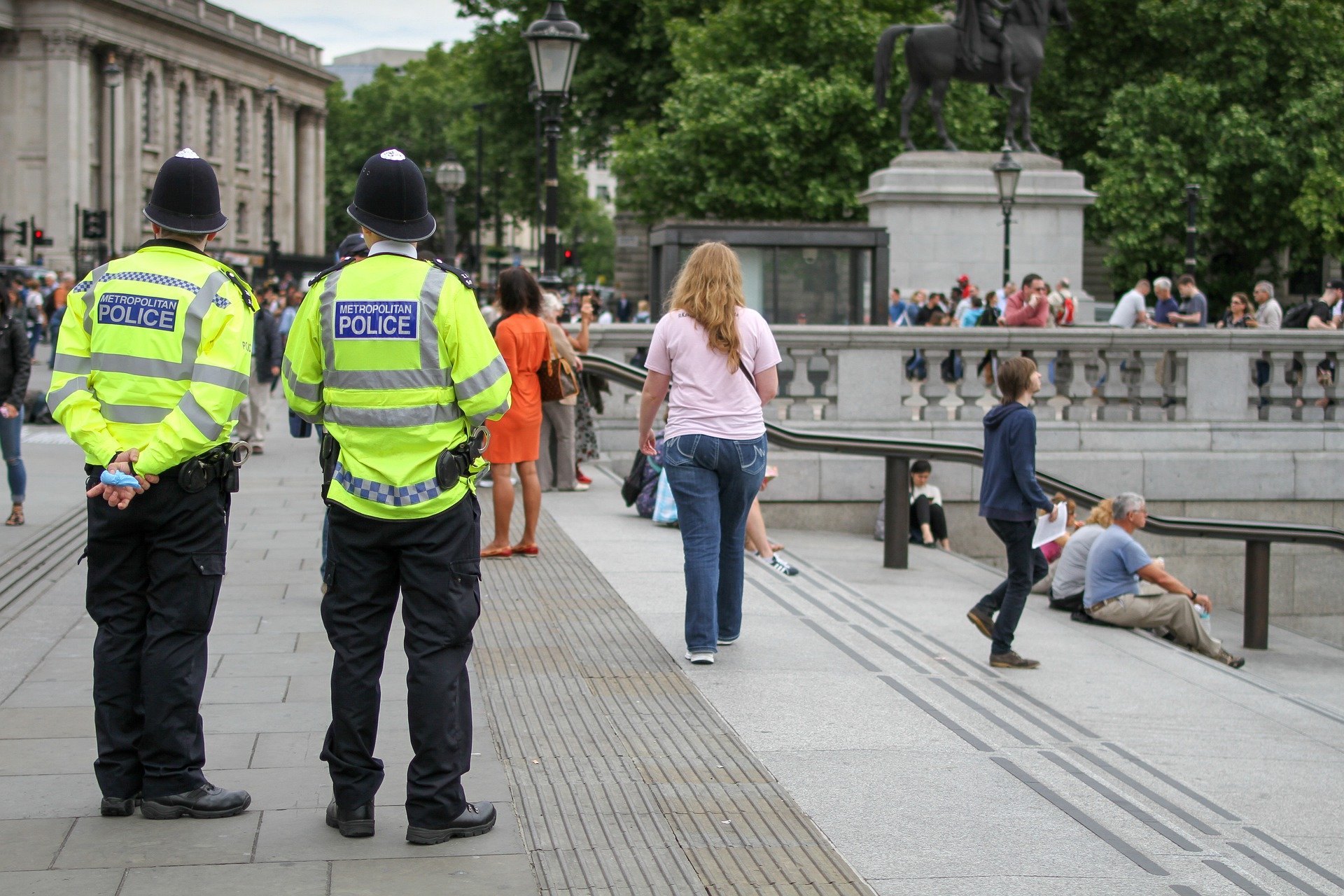Police commissioner warns of public pushback over Covid-19 containment measures
Lockdown rule-breakers are using the controversial actions of the prime minister’s top adviser, Dominic Cummings, as an excuse, a police and crime commissioner has warned.
The West Midlands PCC, David Jamieson, revealed he had received intelligence that officers are getting “pushback” from members of the public breaching Covid-19 containment measures after Downing Street’s defence of Cummings’ 264-mile lockdown trip.
It comes as a leading human rights lawyer told the Guardian people fined for breaching lockdown rules may try to complain about penalties or protest about paying them by referencing Cummings’ excuses, which include the claim that he drove to a beauty spot in order to test his eyesight.
No 10 is coming under increasing pressure over standing by Cummings, whose journey from London to Durham with his wife and child during lockdown was disclosed in a joint Guardian and Daily Mirror investigation.
On Tuesday, after being questioned by a vicar at the Downing Street press conference, Hancock suggested the government may review fines given to people for breaching lockdown rules for childcare reasons. However, it subsequently emerged there would be no formal review.
The National Police Chiefs Council (NPCC) was unable to say whether any of the 14,000 fines issued to date had been given under these circumstances but highlighted that childcare was listed in legislation as a reasonable excuse to be outside of the home and that officers would “have to use their discretion and judgment in line with the circumstances”.
Asked if the row over Cummings’ actions was making a difference to police on the ground, Jamieson told BBC Radio 4’s the World at One: “I would have hoped that it wouldn’t but now I’ve received intelligence reports from senior officers of my force who are saying that officers on the ground are reporting things like, ‘If it’s OK for Cummings, it’s OK for us’ … and ‘It looks like there’s one rule for us and another rule for the people in No 10 Downing Street’.
“If the rules are flexible and the people seem to have interpreted them who are [at] the heart of government, it is almost impossible for police officers to be able to carry out their job effectively.”
The Labour PCC, who is calling for Cummings to go, said: “What’s happened previously, the police throughout the country… have been explaining to people and persuading them to follow the rules. People in this country are very compliant and very sensible and the police act proportionately and that’s what they’ve been doing …
“The police are now saying to me they’re getting quite a pushback, not just from some of the younger people – who were previously saying, ‘Why can’t I play football? why can’t I go out in the streets?’ – they’re getting pushback from other generations as well. Now that is a bad sign, showing that confidence in the rules, confidence in government, and thereby the police’s ability to enforce it, has been undermined very much in the last few days.”
Kirsty Brimelow QC, of Doughty Chambers, warned that Downing Street’s defence of Cummings – who claimed he was acting in exceptional circumstances to ensure childcare provision – risks problems for the future enforcement of lockdown penalties and those already issued.
Brimelow, who has advised on a number of cases of wrongful prosecutions under the lockdown rules, said: “I can see that there may now be objection to payment of fines and insistence that any fines that have been paid are overturned. Those might be situations where in fact there was unlawful behaviour but it is similar to that of Mr Cummings and therefore the whole premise is challenged.
“There could be protests in the future by people who have been issued fixed penalty notices who might refuse to pay them. If someone relies on the example of Mr Cummings, a court might simply consider that he was fortunate; but his conduct doesn’t affect its application of the law in a particular case.
“It might mitigate the fine. But the person still will have a criminal conviction. Undoubtedly, because of his position in government, this will feel like one law for those in powerful positions and another for everybody else.”
A coalition of civil rights organisations, including Big Brother Watch, Liberty and Netpol, has written to the NPCC asking forces to review the legitimacy of the estimated 14,000 fixed penalty notices issued since the start of lockdown.
The only way to contest a penalty is by risking a prosecution and going to a magistrates court. The campaigners fear that many people will pay fixed penalty notices “even if inappropriately issued, to avoid this risk”. Big Brother Watch and Netpol are calling for those who have been given fixed penalty notices to contact them so they can support them in court.
Downing Street defended on Wednesday not carrying out a review into fines issued to families who travelled to get childcare during lockdown. The prime minister’s spokesman said: “We’re confident that the police will use their common sense and discretion. They have been very clear throughout that they will explain, encourage and finally enforce fines always used by police as a last resort.”
guardian.co.uk © Guardian News & Media Limited 2010
Published via the Guardian News Feed plugin for WordPress.





